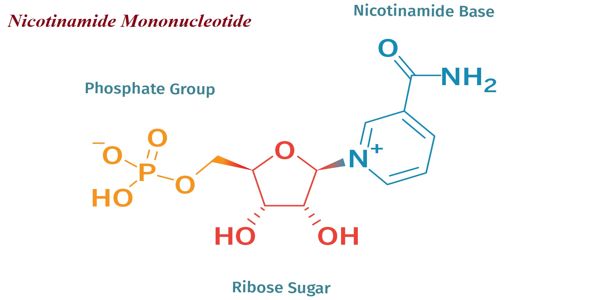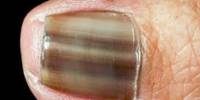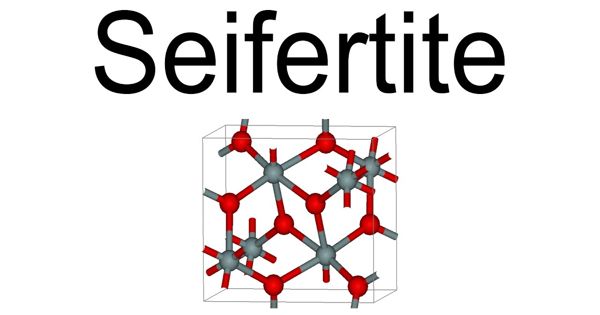Researchers discovered in the first clinical trial of nicotinamide mononucleotide (NMN) that the compound previously shown to counteract aspects of aging and improve metabolic health in mice also has clinically relevant effects in humans.
According to new research from Washington University School of Medicine in St. Louis, a natural compound previously shown to counteract aspects of aging and improve metabolic health in mice has clinically relevant effects in humans.
In a small clinical trial of postmenopausal women with prediabetes, the compound NMN (nicotinamide mononucleotide) improved insulin’s ability to increase glucose uptake in skeletal muscle, which is frequently abnormal in people with obesity, prediabetes, or Type 2 diabetes. NMN also enhanced the expression of genes involved in muscle structure and remodeling. However, unlike in mice, the treatment did not lower blood glucose or blood pressure, improve blood lipid profile, increase insulin sensitivity in the liver, reduce fat in the liver, or lower circulating markers of inflammation.
The study, published in the journal Science, is the first to look at the metabolic effects of NMN administration in humans. Thirteen of the women in the study were given 250 mg of NMN orally every day for ten weeks, while the other twelve were given an inactive placebo every day during the same time period.
In the first clinical trial of nicotinamide mononucleotide (NMN), researchers have found that the compound previously demonstrated to counteract aspects of aging and improve metabolic health in mice also has clinically relevant effects in people.
“While our study shows that NMN has a beneficial effect in skeletal muscle, it is premature to make clinical recommendations based on our findings,” said senior investigator Samuel Klein, MD, the William H. Danforth Professor of Medicine and Nutritional Science and director of the Center for Human Nutrition. “Normally, when a treatment improves insulin sensitivity in skeletal muscle, as with weight loss or some diabetes medications, there are also related improvements in other metabolic health markers, which we did not detect in our study participants.”
Because of the remarkable beneficial effects of NMN in rodents, several companies in Japan, China, and the United States have decided to market the compound as a dietary supplement or a nutraceutical. The Food and Drug Administration in the United States is not authorized to review dietary supplement products for safety and effectiveness before they are marketed, and many people in the United States and around the world are now taking NMN despite a lack of evidence to show clinical benefits in people.

The researchers looked at 25 postmenopausal women who had prediabetes, which means they had higher-than-normal blood sugar levels but not high enough to be diagnosed with diabetes. Women were recruited for this study because mouse studies revealed that NMN had the greatest effects in female mice.
NMN is involved in the production of a critical compound found in all cells known as nicotinamide adenine dinucleotide (NAD). NAD is essential for the health of animals. NAD levels decline with age in a variety of animals, including humans, and the compound has been shown in mouse studies to contribute to a variety of aging-related problems, including insulin resistance. NMN supplementation slows and improves age-related decline in the function of many tissues in the body.
“This is one step toward the development of an anti-aging intervention, though more research is needed to fully understand the cellular mechanisms responsible for the effects observed in skeletal muscle in mice,” said co-investigator Shin-ichiro Imai, MD, Ph.D., a professor of developmental biology and medicine who has been studying NMN for nearly two decades and first reported on its benefits in mice.
Insulin promotes glucose uptake and storage in muscle, so people who are insulin resistant are more likely to develop Type 2 diabetes. However, the researchers warn that more research is needed to determine whether NMN is beneficial in the prevention or management of prediabetes or diabetes in humans. Klein and Imai are continuing to study NMN in a separate trial involving both men and women.
















